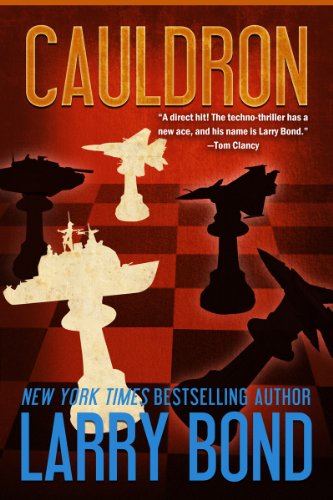I first read Cauldron in high school, and at the time, I remember that it didn’t make as much of an impact on me as Red Storm Rising, Red Phoenix, or even Vortex did. A new war in Central Europe seemed somewhat more far-fetched at the time than chaos in Africa or East Asia. (I was in high school; I didn’t know nearly as much as I might have thought that I did.) But in prep for Maelstrom Rising, I picked Cauldron back up. And I’ve got to say, Larry Bond was a lot more prescient than he seemed, back in ’93. While the general scenario in Cauldron is the French and Germans enforcing their economic hegemony over Eastern and Central Europe by force of arms, effectively forming the European Union at gunpoint (referred to as the European Confederation, or EurCon in the novel), the fault lines that lead to the scenario are even now playing out, only slightly differently.
Setting the Stage Part 3
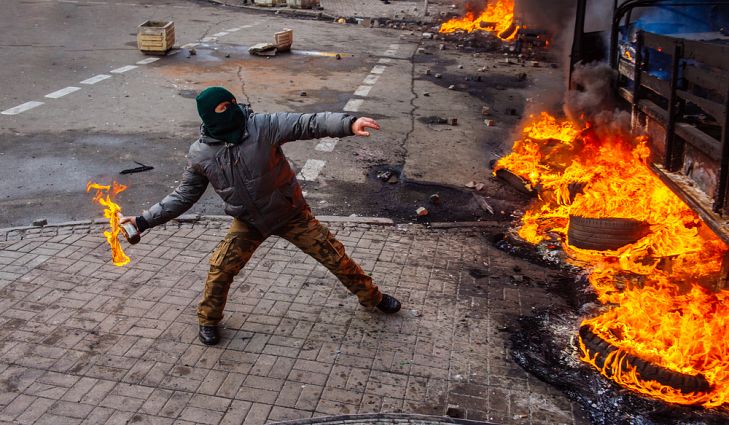
By the beginning of the Maelstrom Rising series, the global order as it has existed since shortly after the fall of the Berlin Wall and the collapse of the Warsaw Pact is disintegrating. This is happening for reasons cultural, political, and economic. Culturally, the European Union is already fracturing as this is written. There is no “European Identity,” no matter how hard the EU Parliament has attempted to enforce it, and the influx of immigrants from the Middle East and North Africa has been a source of friction in France for decades, even before the more recent push to accept hundreds of thousands from Syria, which has resulted in an uptick of terror attacks, to include truck attacks on Christmas markets and other crowds in Germany. An increasingly large segment of the populace of Western Europe is beginning to resent the imposition of the will of the elites, most evident in the Yellow Vest protests in France, which began over gas taxes, but became much wider in scope, including over President Macron’s signing of the UN resolution declaring unfettered migration as a fundamental human right, despite the majority of Frenchmen opposing such a treaty.
Setting the Stage Part 2
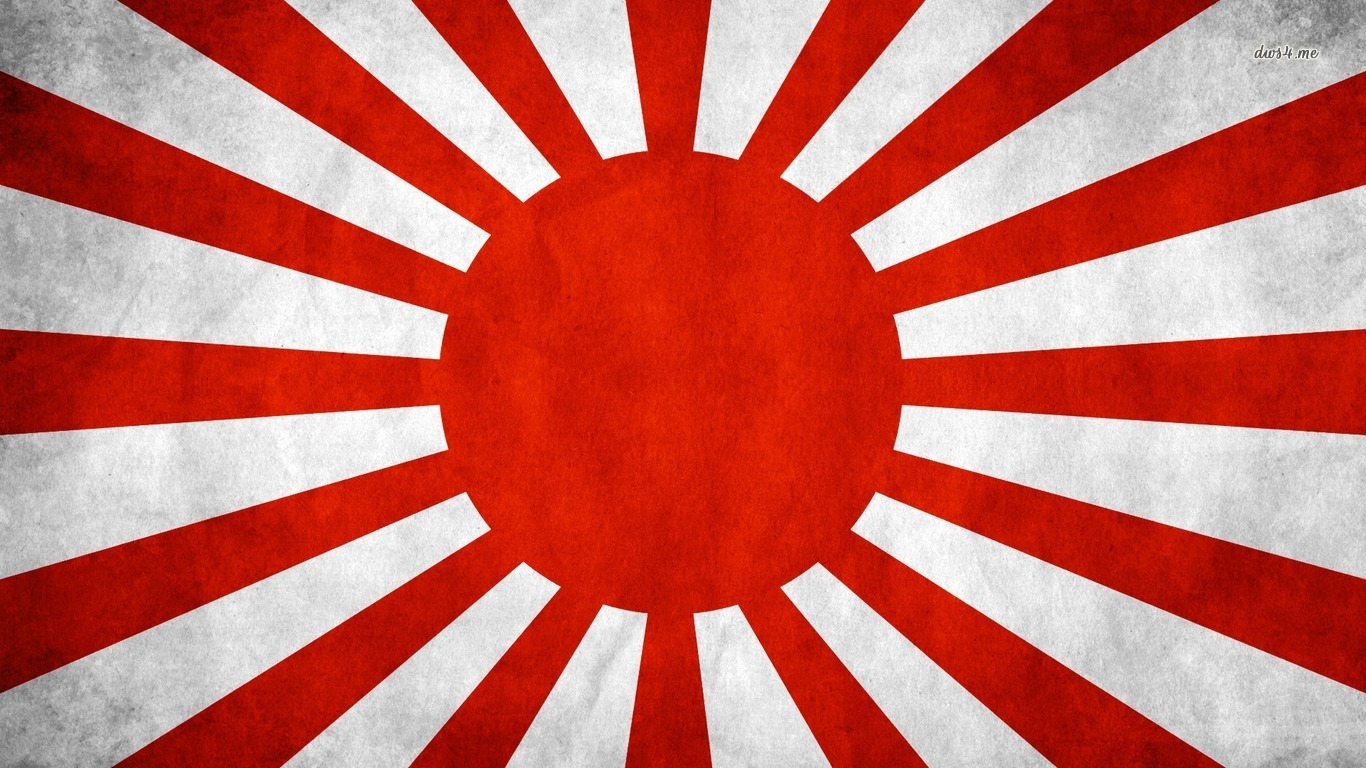
While the first-person narrative of the Maelstrom Rising series will limit each book or phase to a particular theater, the events of the series will have global scope. The interconnectedness of current global politics and economics mean that when the order breaks down in one place, there will be ripples elsewhere. And multiple simultaneous such breakdowns lead to the perfect storm that is Maelstrom Rising. The events in East Asia and the Western Pacific during this series will be rooted in current trends already happening over the last ten years or more. While most open focus has been on China and North Korea (which will be dealt with in later installments of this article series), this article will look at the near future of Japan. Specifically, the near future of Japan as a military power.
El Chapo’s Trial and Insight About War
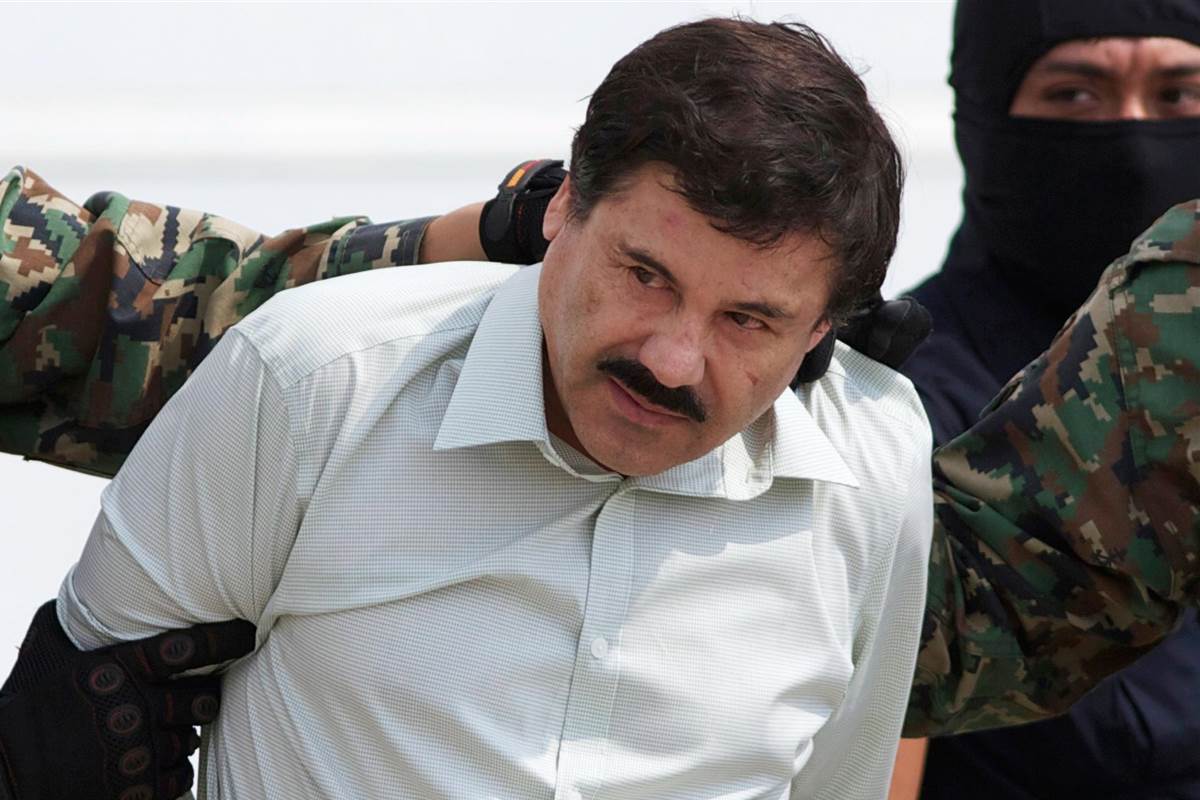
I’ve delved into Mexico a bit in my fiction. The deepest was The Devil You Don’t Know, which not only looked at the overall situation in Mexico, but also the consequences of focusing too much on High Value Targets. We seem to be obsessed with getting the “leaders,” the HVTs. (Not saying that there aren’t people working on “going up the killchain,” but culturally, our focus is always on getting the guy at the top. Whether it was the “Thunder Run” to Baghdad, that was supposed to end the war in days, in a repeat of Desert Storm, or the focus on getting Bin Laden, or al Baghdadi, or El Chapo. The idea seems to be that if you get the guy at the top, then the bad guys will collapse. Except that it doesn’t work that way. It never really has. Capturing and executing Saddam didn’t end the insurgency. Killing Bin Laden wasn’t the end of Al Qaeda. And from the trial of El Chapo, it’s evident that he really wasn’t that important to the Sinaloa Cartel, either. As of this writing, the prosecution and defense have finished their closing statements and we don’t know how it will end.
Setting the Stage, Part 1
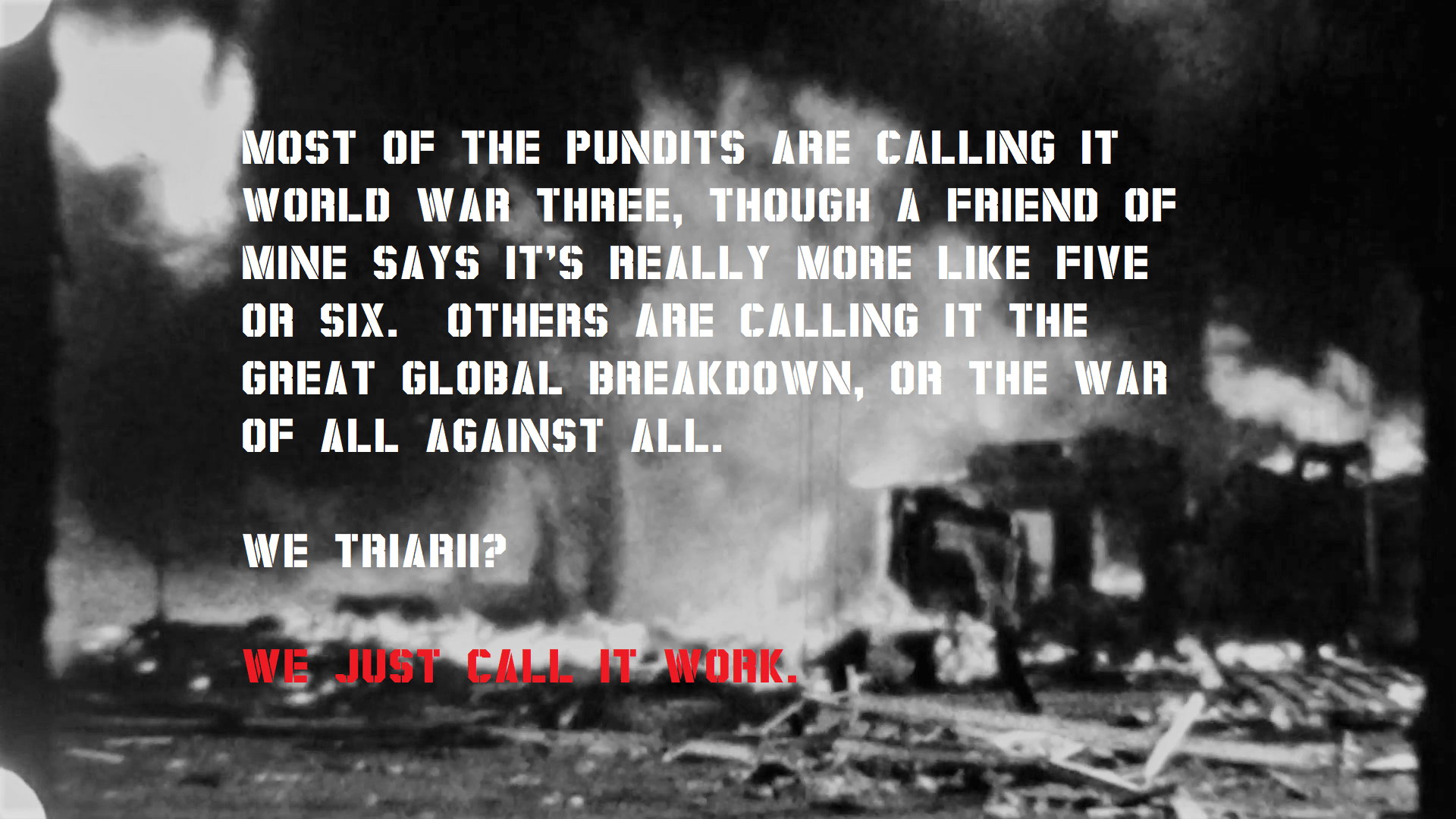
The idea for my current work in progress came a couple years back. It involved a complete breakdown in what we have come to consider the “global world order” since the disintegration of the Soviet Union and the paradigm shift represented by Operation Desert Storm (though the whirlwind victory and subsequent return to the status quo represented by that short-lived war turned out to be more of a fluke than a lasting reality, despite it forming the basis for most of Tom Clancy’s post-Cold-War fiction). While the American Praetorian series had already represented some of a similar model of breakdown, it was largely focused on the continuing war against jihadism, and that war’s unintended consequences. This is something different.
